You may not want to spend precious time during the holiday season considering tax matters, but the end of a calendar year is also the end of a tax year. This makes it a prime opportunity to take proactive steps to minimize your tax liability and keep more of your hard-earned money. Strategic year-end tax planning can help you optimize your finances, make the most of available tax-saving opportunities, and set a strong foundation for the upcoming year. In this article, we’ll explore effective tips for maximizing year-end tax strategies to reduce your tax burden and improve your overall financial well-being going into the new year.
Year-End Tax Strategies Tip: Review Your Income and Expenses
Begin your year-end tax planning by reviewing your income and expenses for the current year. Evaluate whether there are opportunities to defer or accelerate income or deductions. For example, if you anticipate a higher income in the coming year, consider deferring income until the following year to lower your current tax liability. Conversely, if you expect lower income in the future, accelerating deductions into the current year can be beneficial.
Year-End Tax Strategies Tip: Maximize Retirement Contributions
Contributing to retirement accounts remains one of the most effective ways to reduce your taxable income while securing your financial future. Maximize your contributions to employer-sponsored plans like a 401(k) or an individual retirement account (IRA). Contributions to traditional IRAs may be tax deductible, providing an immediate reduction in your taxable income. Additionally, if you’re eligible, consider making catch-up contributions if you’re over 50 years old.
Year-End Tax Strategies Tip: Explore Tax-Loss Harvesting
Tax-loss harvesting involves selling investments that have experienced losses to offset capital gains and potentially reduce your tax liability. If you have investments that have declined in value, consider selling them to offset gains realized from other investments. Keep in mind the wash-sale rule, which prohibits repurchasing the same or substantially similar securities within 30 days of the sale to claim the loss for tax purposes.
Year-End Tax Strategies Tip: Consider Charitable Contributions
In this season of giving, you may already be making charitable donations. If so, be sure you’re being strategic about it. Charitable giving not only benefits the causes you care about but can also lead to valuable tax deductions. Consider making charitable contributions before the end of the year to lower your taxable income. You can donate cash, securities, or even household items to qualified charitable organizations. Keep proper documentation of your donations and be aware of any changes in tax laws that may affect your deductions.
Year-End Tax Strategies Tip: Maximize Deductions and Credits
Familiarize yourself with available tax deductions and credits that you may be eligible for, understanding that they do change frequently with new legislation. Deductions, such as those for mortgage interest, student loan interest, and medical expenses, can reduce your taxable income. Additionally, tax credits directly reduce your tax liability dollar-for-dollar. Research and understand tax credits related to education, childcare, and energy-efficient home improvements, among others. If you want to be certain you don’t miss any opportunities, you may benefit from working with a tax professional or financial advisor.
Year-End Tax Strategies Tip: Consider Roth Conversions
If you have a traditional IRA, consider converting a portion of it to a Roth IRA. While you’ll pay taxes on the converted amount, Roth IRAs offer tax-free withdrawals in retirement. Converting during a year with lower income or substantial deductions can be particularly advantageous. Evaluate the potential long-term benefits of tax-free withdrawals against immediate tax liability as you consider whether this strategy suits your needs.
Year-End Tax Strategies Tip: Review Health Savings Accounts (HSAs)
If you have a high-deductible health insurance plan and a Health Savings Account (HSA), review your contributions and spending. Contributions to HSAs are tax-deductible and withdrawals for qualified medical expenses are tax-free. Ensure you’re maximizing your HSA contributions and use the funds for eligible medical expenses to reap the tax benefits.
Are You Employing Year-End Tax Strategies to Optimize Your Finances for the New Year?
Maximizing year-end tax strategies requires careful planning, thoughtful consideration, and a proactive approach to your finances. By reviewing your income and expenses, maximizing retirement contributions, exploring tax-loss harvesting, leveraging charitable contributions, maximizing deductions and credits, considering Roth conversions, and optimizing your Health Savings Account, you’ll position yourself to reduce your tax liability and enhance your overall financial situation.
Engaging in effective year-end tax planning not only benefits your current financial position but also sets a positive tone for the year ahead. As you implement these strategies, you’re taking meaningful steps towards a more secure and prosperous financial future – and you don’t have to go it alone.
At Principal Preservation Services, we provide comprehensive financial planning services, including tax management. If you’d like an experienced professional at your side as you optimize your tax strategy and prepare for the year ahead, we can help. Schedule a complimentary review with us to learn more!









